Legacy ETL to Modern Data Pipeline
The evolution from legacy Extract, Transform, Load (ETL) processes to modern data pipelines represents a significant shift in the way businesses handle data, aiming for more efficient, scalable, and real-time data management strategies. This transition is critical for organizations looking to leverage data analytics and insights to drive decision-making and competitive advantage.
Our Clients
- Reviewing Existing Workflows and Tools
- Analyzing Performance Metrics and Bottlenecks
- Gathering Feedback from Stakeholders
- Reviewing Existing Workflows and Tools
- Analyzing Performance Metrics and Bottlenecks
- Gathering Feedback from Stakeholders
Our Latest Blogs
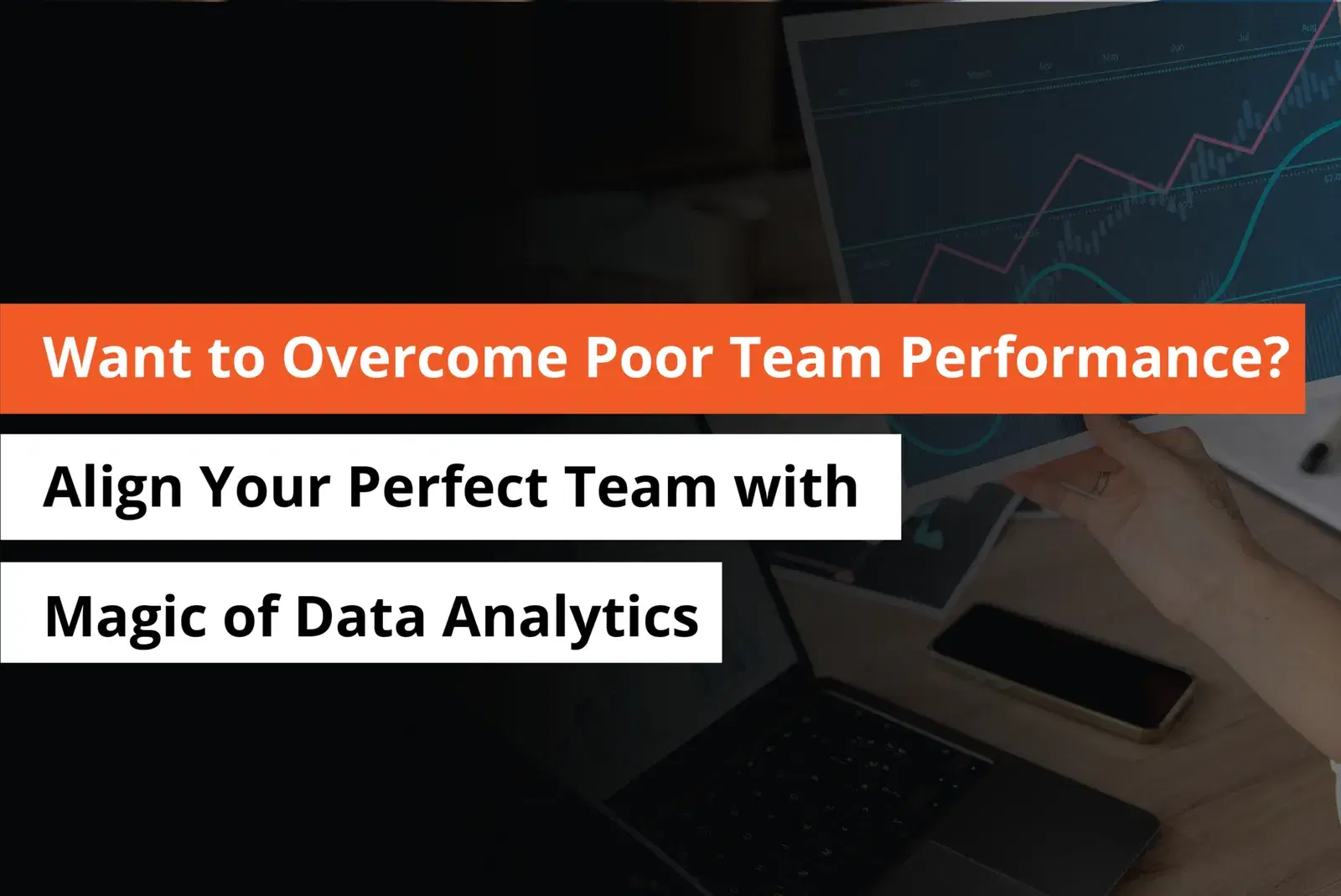
Facebook Twitter Youtube Instagram Linkedin Want to Overcome Poor Team […]

Facebook Twitter Youtube Instagram Linkedin Must-Know Secrets of Databricks- As […]
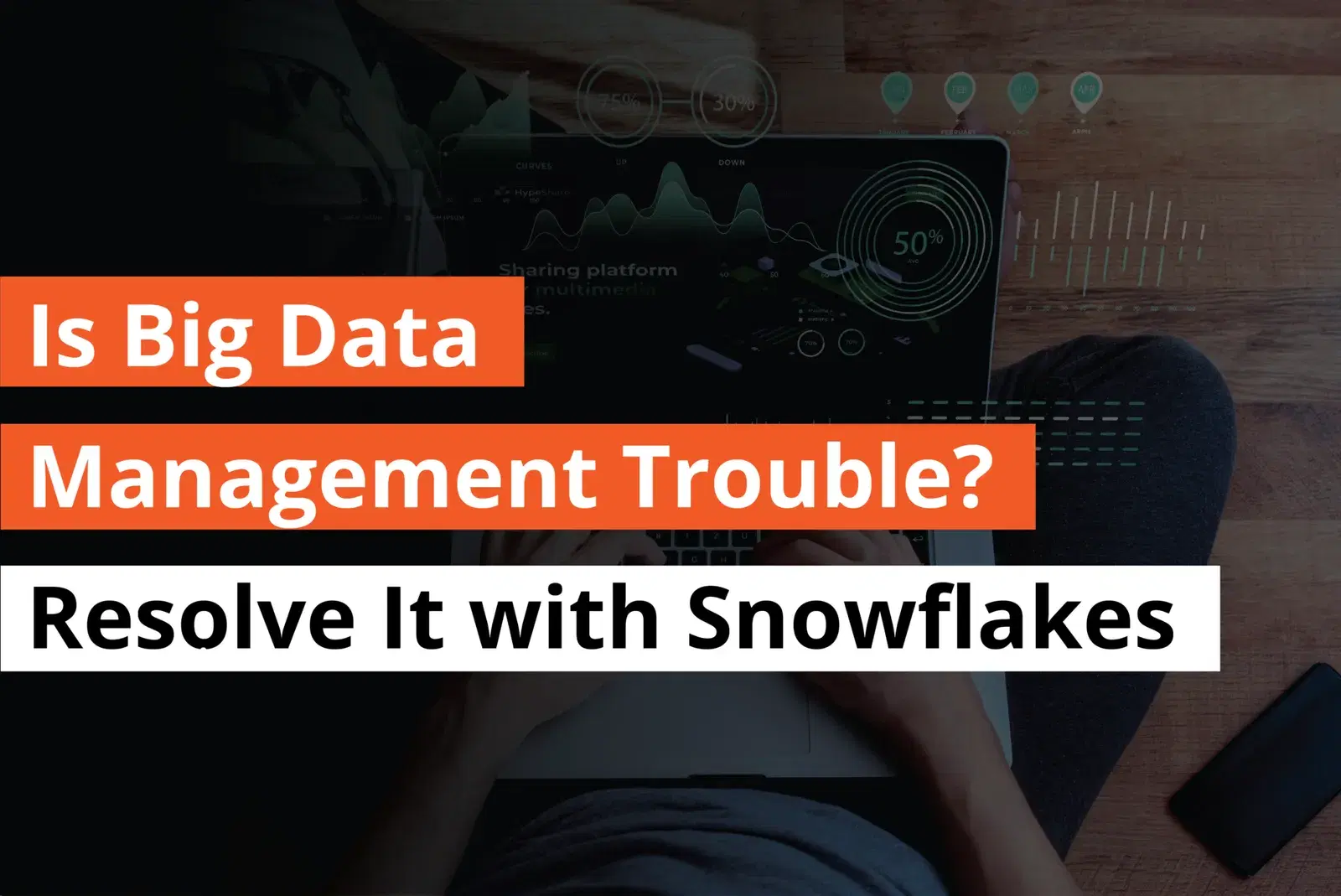
Facebook Twitter Youtube Instagram Linkedin Looking for Data-Based Approach in […]
Case Studies
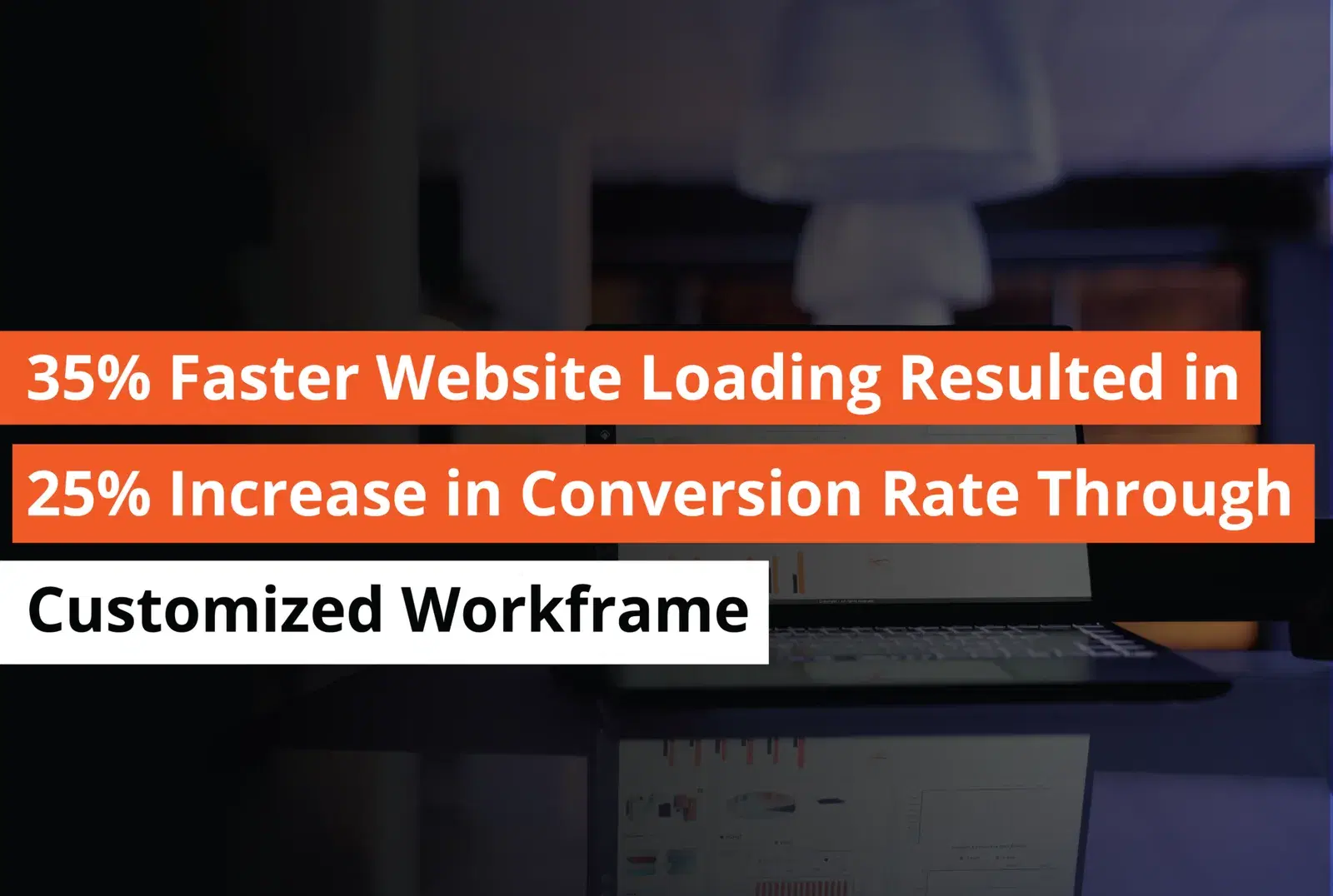
Master data management (MDM) involves creating a single master record for each person, place, or thing in a business, from across internal and external data sources and applications.
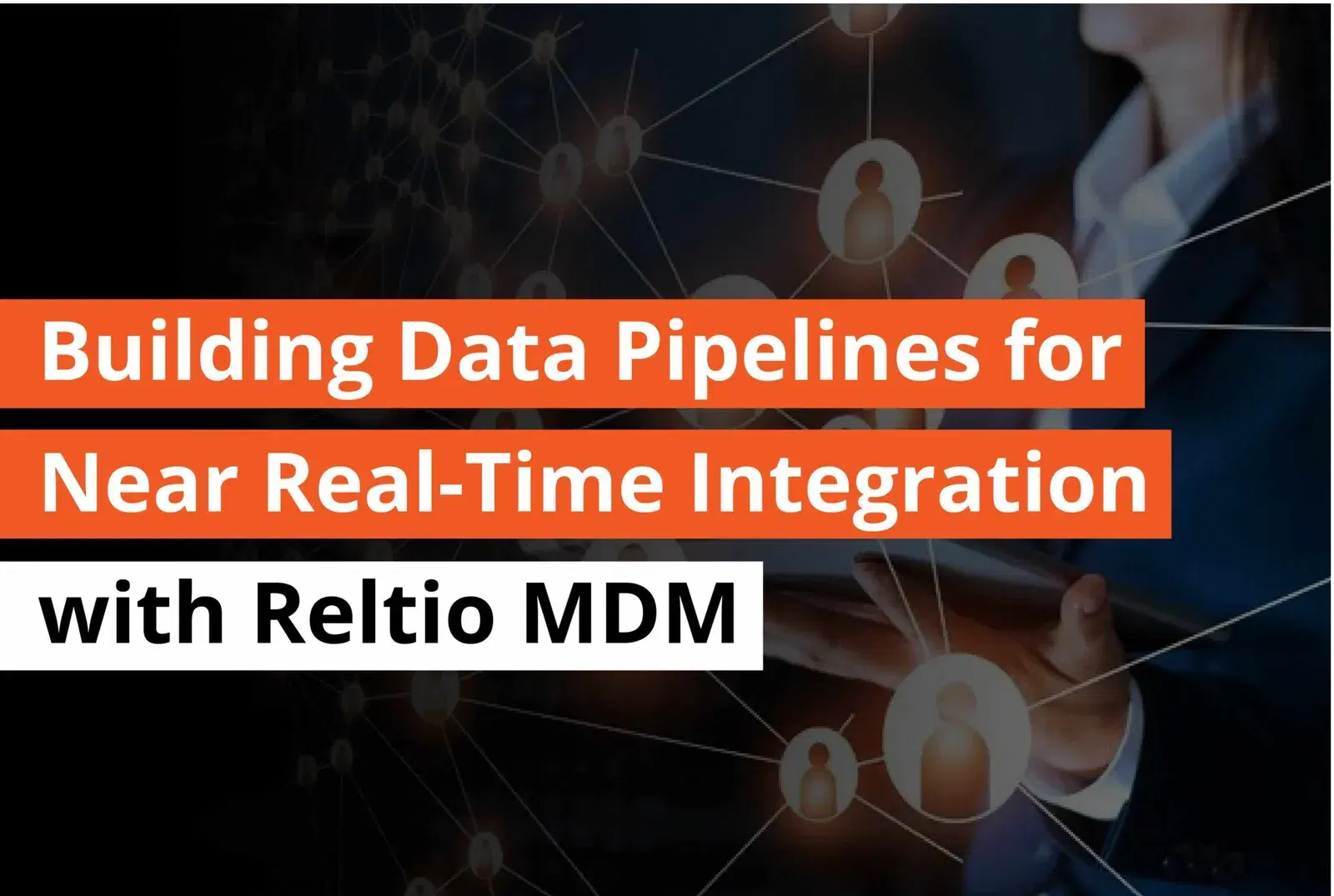
Master data management (MDM) involves creating a single master record for each person, place, or thing in a business, from across internal and external data sources and applications.
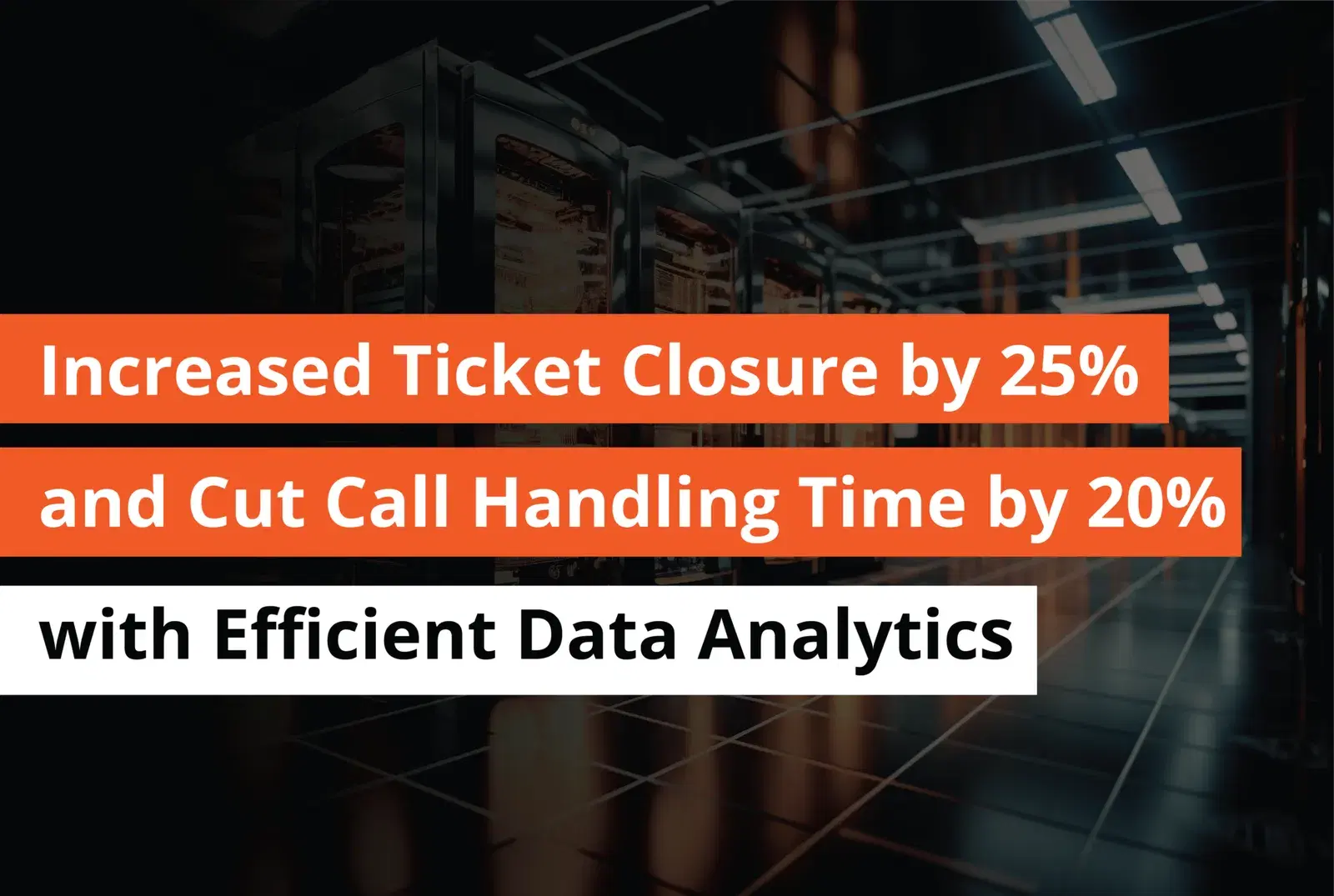
EmpirxHealth's clinical team is responsible for making outbound calls to customers and addressing their inquiries and issues. However, management at EmpirxHealth needs a way to track and monitor the performance of the clinical team in order to ensure that the organization is operating efficiently and effectively.
Trusted By


Complere Infosystem is a multinational technology support company that serves as the trusted technology partner for our clients. We are working with some of the most advanced and independent tech companies in the world.
Contact Info
© 2026 Complere Infosystem – Data Analytics, Engineering, and Cloud Computing Powered by Complere Infosystem











